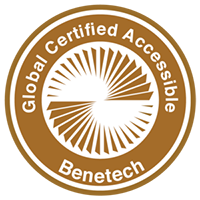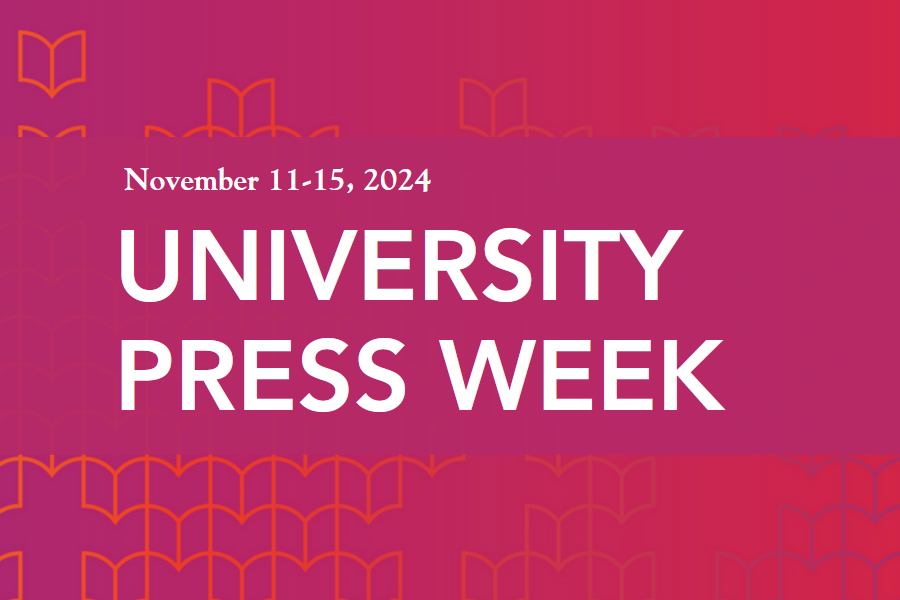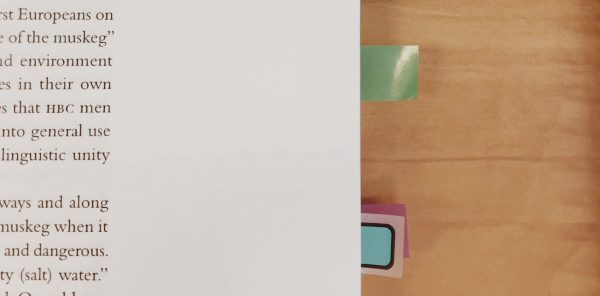As a leader in open access scholarly publishing, AU Press is committed to making academic knowledge accessible to all. The press adheres to established accessibility guidelines and work with these guidelines in mind at all stages of the publishing process. Our publications include features such as screen reader compatibility, alternative text for images, and navigable structures that accommodate a wide range of users across a variety of open access formats. Accessibility standards are essential in making sure that AU Press publications are available to everyone, and, in keeping with Athabasca University’s mission to become Like No Other by overcoming barriers to education, this UP Week we are celebrating excellence in accessibility as our call to #StepUP for the university press community.
Our long-standing commitment to the principles of open access to ideas and knowledge has earned us recognition from the Benetech group, a non-profit organization that creates innovative software for the social good. As a Benetech approved publisher, we have successfully demonstrated that our ebooks meet or exceed accessibility standards that support the needs of all readers, including those with perceptual (print) disabilities. Benetech’s “Global Certified Accessible” program provides a certification process that ensures digital content conform to the following accessibility standards:

– EPUB Accessibility 1.1 specification (as a minimum)
– World Wide Web Consortium’s (W3C) Web Content Accessibility Guidelines (WCAG) 2.2 AA
– Accessibility metadata to promote conformance and discoverability of certified accessible publications
By certifying publishers that comply with these standards, the program ensures digital books are truly accessible to all readers. The certification process underscores the need for accessibility in the digital age, setting a benchmarks for best practices in content creation and dissemination.
The importance of accessibility in knowledge dissemination cannot be overstated. Material that is inaccessible can create significant barriers for individuals with disabilities, excluding them from participating in the learning process. Accessibility standards provide for people with various needs so everyone can access critical educational materials and participate in the exchange of ideas. In a world where access to knowledge is key to personal and professional growth, accessibility not only enhances the learning experience; it promotes a more inclusive, equitable society. Through accessibility we can all #StepUP and explore, engage, advance, and promote the latest ideas and scholarship!


